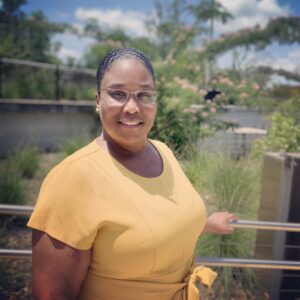Last month more than 40 Mayors from around the nation joined together to share their ideas and solutions for advancing education in their communities. During this meeting of the National League of Cities Mayors’ Education Task Force these leaders shared innovations for supporting youth and students, and for improving education and workforce outcomes across their communities. The conversation, led by the Chair of the Task Force Mayor Lily Mei of Fremont California, raised five innovative solutions across cities:

- Cities have purchased unused school buildings to create new ‘learning hubs’ to promote learning, and provide recreational activities, afterschool programs, and wraparound services. Such community learning hubs can augment the learning day, as well as help communities reach disconnected and underserved youth and adults.
- Cities are investing in afterschool and summer learning programs to support pandemic recovery. Cities have shared that such investments are critical at this time to keep students engaged with education, and prevent them from becoming disconnected from economic success.
- Cities are partnering with area non-profits to address housing issues and resident access to basic resources. Lack of access to housing, and other barriers like food access and mental health prevent many students from achieving success. Many cities are working across their communities to connect students to needed resources.
- Cities are strengthening technical college and university partnerships to offer free trade programs to help youth and adults get degrees and certificates. Cities are well-positioned to help high schools and colleges connect to local employers. Real-world learning helps students make connections to careers that help them achieve financial stability and keep them connected to their local community.
- Cities can partner with the United States Department of Education to support students. Under Secretary James Kvaal of the U.S. Department of Education encouraged municipal leaders to “think big” when tackling education access issues in their cities by strengthening city, local, and federal partnerships. Cities can consider models like apprenticeship and dual enrollment to not just help students get a diploma but reach their life goals.
About the Task Force
Formed in 2012 by Mayor Chris Coleman of Saint Paul, MN, and Mayor Ralph Becker of Salt Lake City. The Mayors’ Education Task Force promotes partnerships between city hall, schools, districts, teacher unions, community and faith-based organizations, and business leaders to create local solutions that improve outcomes for the youth of their cities. The Task Force meets bi-annually in March at the National League of Cities (NLC) Congressional City Conference and in November at the NLC City Summit. These meetings connect mayors in a small intimate setting where honest and constructive conversations occur.
Get Involved
To learn more, share examples from your community, or engage with NLC, contact our team.










